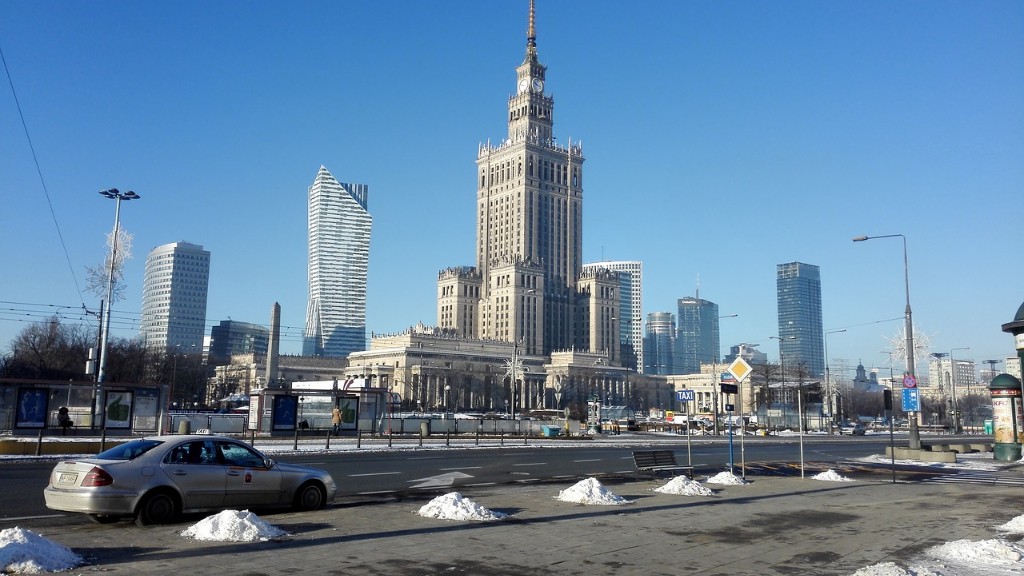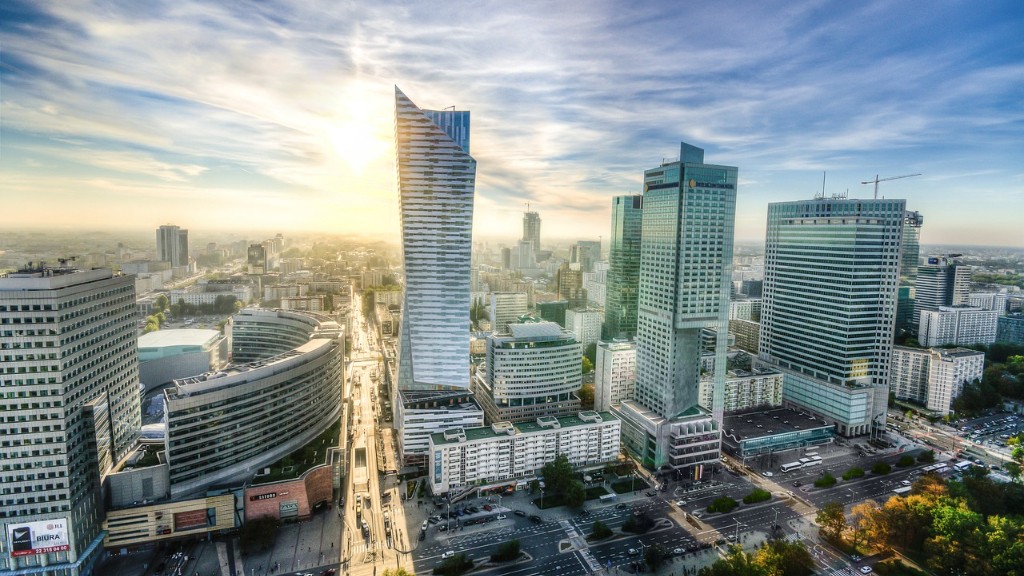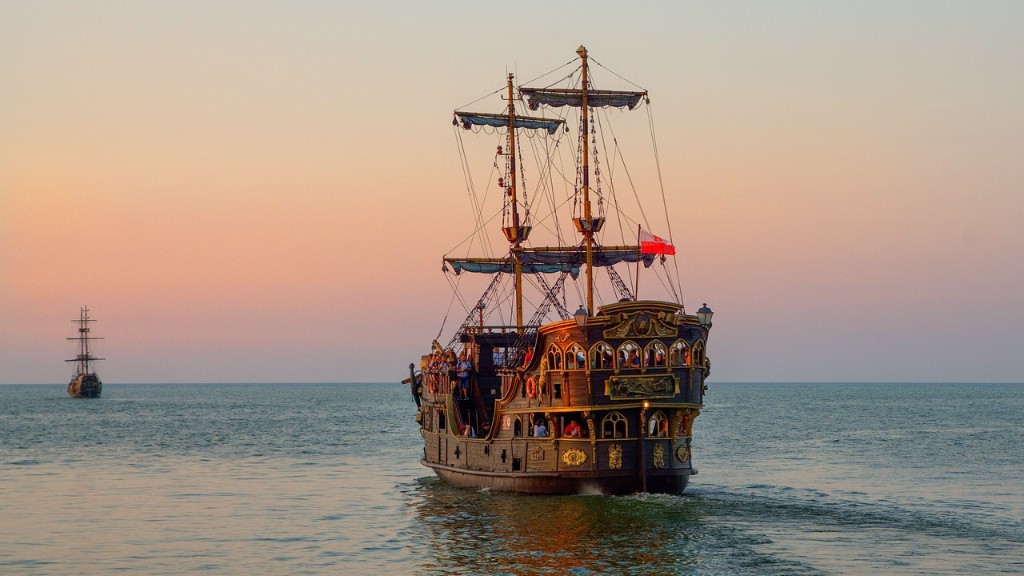Poland is no stranger to invasions. Throughout its history, it has been invaded by the Mongols, Swedish, Prussians, Russians, Austrians, and Germans. However, in recent history, the most significant invasion of Poland was the Nazi Invasion of 1939. It’s one of the most infamous invasions in world history and it changed the course of the Second World War. The question is, did Poland defend against the Nazi Invasion?
The answer is complicated. The Polish government did mount a defense against the Nazi invasion, but it was ultimately unsuccessful. The Polish military was vastly outnumbered by the Nazi forces, and had limited resources. The Nazi forces launched a land invasion from Germany and a simultaneous air assault, which was effective in destroying much of the infrastructure in the country. In addition, Polish forces had limited access to supplies and ammunition, making it nearly impossible to stop the Nazi advance.
The Polish military was able to slow the Nazi advance in some areas but, in the end, it was only a delaying tactic. The military was unable to repel the Nazi forces and they eventually succeeded in taking over the country. Despite this, the defense of Poland has been seen as an example of bravery and determination in the face of overwhelming odds and the Polish people continue to remember and honor those who courageously stood against the Nazi invasion.
Polish scholars and historians have conflicting views on the defense of Poland during the invasion. Many believe that the Polish military could not have been expected to defend against the superior Nazi forces and that the country fell due to a combination of factors, such as a lack of resources, a lack of planning, and a lack of coordination between the various Polish forces. Others argue that the defense could have been more effective if the Polish military had utilized its limited resources in a more efficient manner.
Military experts also agree that Poland was at a disadvantage in terms of its forces and resources, but they emphasize that the Poles made a valiant effort and should be honored for their bravery. The Polish people continue to remember the fallen heroes of the war and honor those who bravely stood against the Nazi invaders.
Polish Resistance Movement
The Polish people were not simply bystanders in the conflict. There were several Polish resistance movements that fought against the Nazis. These included the Polish Home Army, which was a guerrilla organization that fought against German forces in occupied Poland, and the Polish Government in Exile, which was formed by the Polish government after it fled the country and continued the Polish struggle from abroad.
Moreover, the Polish government, which escaped to London during the Nazi invasion, continued to oppose the Nazi regime. As the government-in-exile, they sent messages of hope and support to Poles living under Nazi occupation, as well as to the Allies. This support was important in sustaining Polish morale and helping to keep hope alive during the occupation.
The Polish resistance was also effective in aiding the Allies in their efforts against Germany. The Poles provided intelligence, resources, and manpower to Allied forces. They also served as a hindrance to Nazi efforts and were able to delay the German advance in several areas, giving the Allies time to regroup and launch counter-attacks.
The Polish resistance movement also served as an important symbol of Polish defiance against the Nazi invaders. The resistance fighters inspired the Polish people and provided a source of hope that the Nazis could be defeated.
Long Term Impact
The Nazi invasion of Poland had devastating long-term consequences. After the war, the country was annexed by the Soviet Union, effectively ending Polish independence. The Nazi occupation resulted in millions of deaths, the displacement of millions more, and the destruction of much of the country’s infrastructure. Moreover, the occupation paved the way for the rise of Stalinism in the country, resulting in decades of repression and suffering.
The impact of the Nazi occupation can still be felt today as the country struggles to rebuild and recover from its past. Despite this, the people of Poland remain determined to honor the heroes who sacrificed so much to defend their country.
The Legacy of the Invasion
For many Poles, the Nazi invasion of Poland is a painful reminder of their country’s history. Every year, the people of Poland commemorate the fallen heroes of the war and honor those who bravely defended their country. The memory of the Nazi invasion also serves as a stark reminder of the fragility of freedom and the importance of standing up against tyranny.
The defense of Poland also serves as a reminder that, despite overwhelming odds, a determined people can stand up to tyranny and fight for their freedom. The people of Poland remain determined to defend their freedom and to never forget those who fought against the Nazi invaders.
The International Response
The international community has responded to the Nazi invasion of Poland in a variety of ways. In 1948, the United Nations issued a resolution to recognize the suffering of the Polish people during the occupation. Countries around the world have also condemned the Nazi occupation of Poland and the brutality of the Nazi regime. Several countries, including the United States, have provided aid to the Polish people in order to help rebuild and to provide assistance to those effected by the occupation.
In addition, many countries have enacted laws to ensure that the memory of the Nazi occupation is never forgotten. In Poland, there are laws that protect monuments and memorials to the fallen heroes and ensure that their memory lives on in the collective Polish consciousness.
Current political context
Today, Poland is a strong democratic country, and its government is committed to upholding the principles of democracy and defending its citizens against any threats. The country has emerged from its troubled past and is now a full member of the European Union.
The government of Poland is also committed to preserving the memory of the Nazi occupation. They do this by emphasizing the importance of teaching about World War II in schools and by preserving memorials and monuments to those who lost their lives in the conflict. In addition, the government regularly honors the heroes of the war and the Poles who fought against Nazi tyranny.
Conclusion
The Nazi invasion of Poland is a tragedy in world history. The Polish people were unable to defend their country against the superior Nazi forces, but they made a valiant effort and should be recognized for their bravery. The legacy of the invasion lives on in the collective memory of the Polish people, who are determined to never forget those who stood against Nazi tyranny. Today, Poland is a strong democratic nation, and its government is committed to upholding the ideals of freedom and defending its citizens against any threats.




